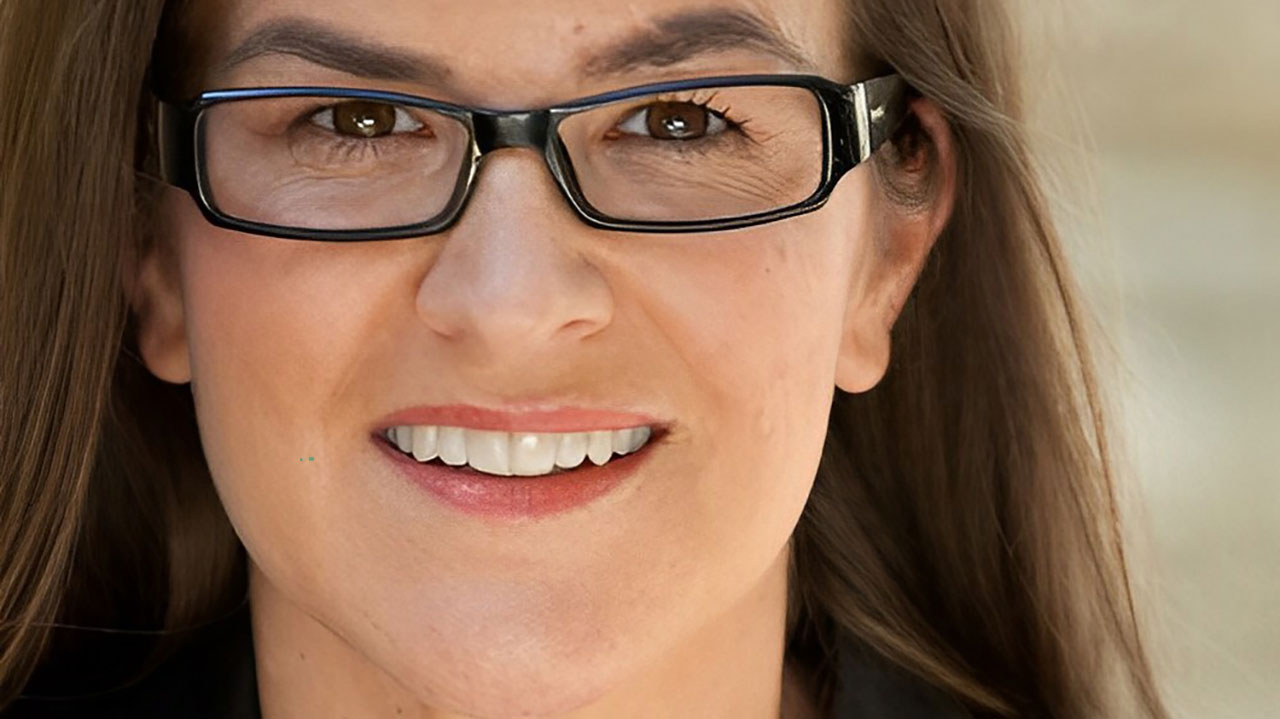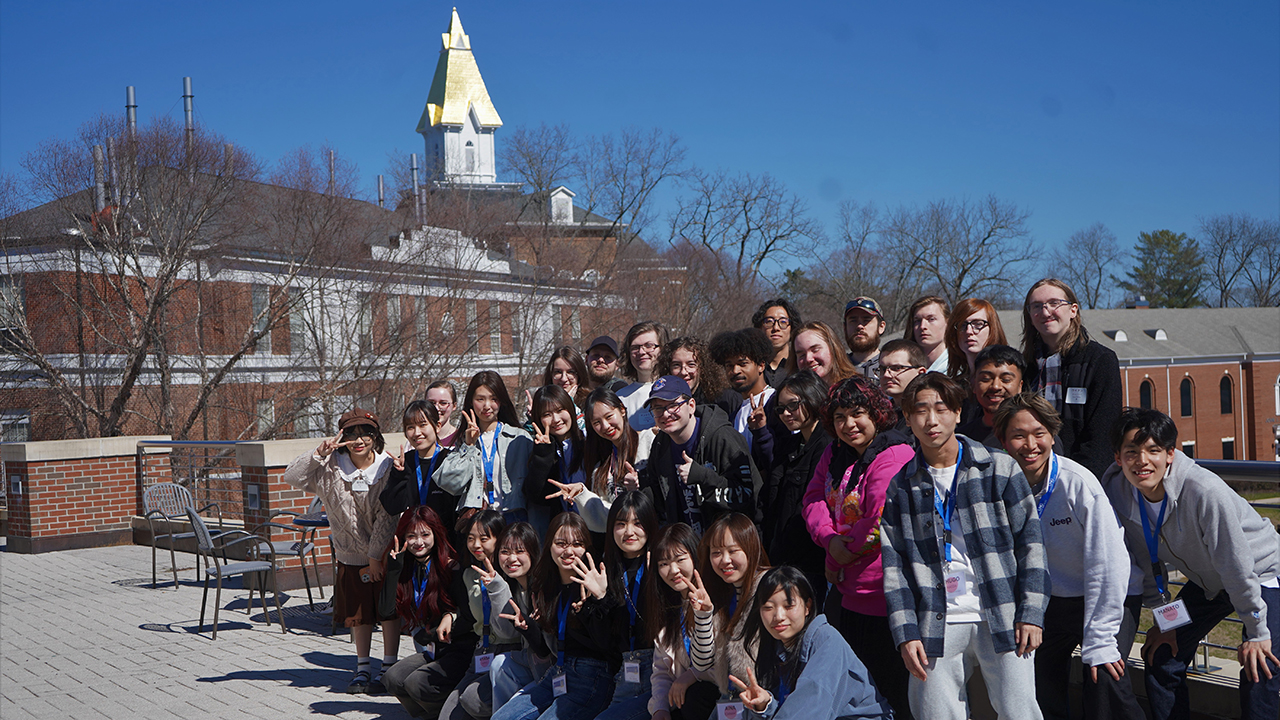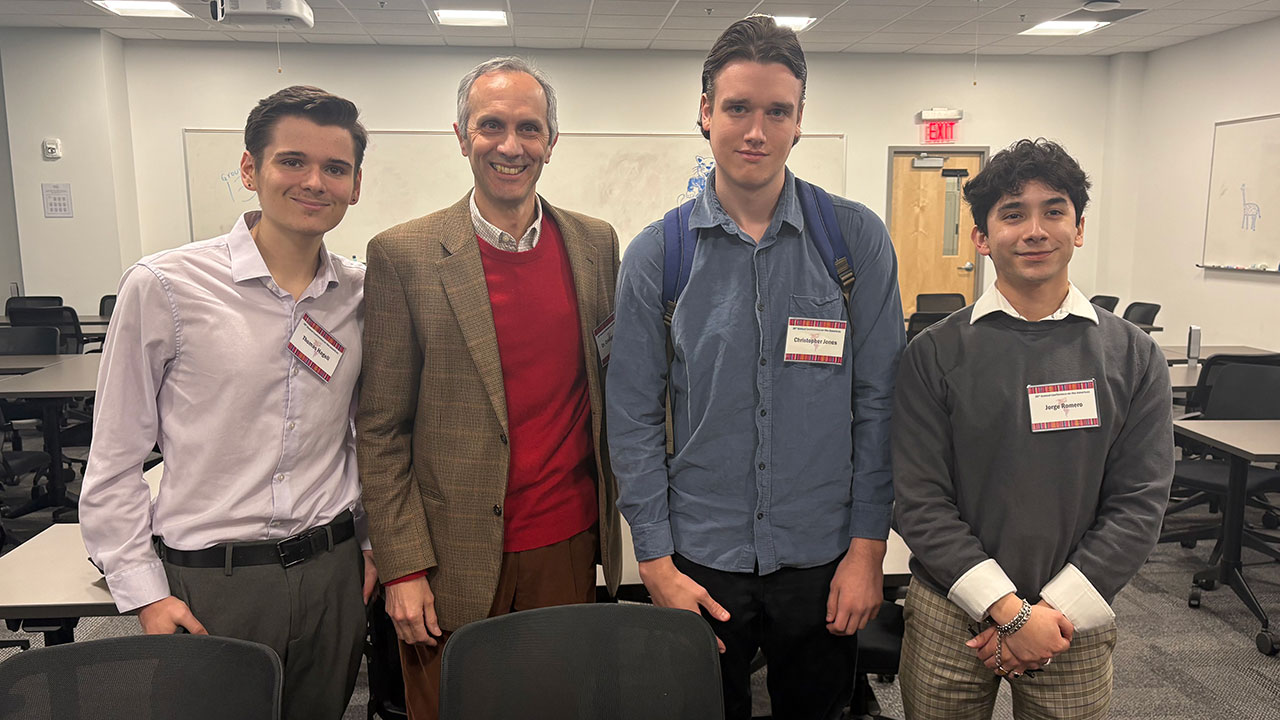Woodcut recalls the life of an unsung hero of the civil rights movement

Article By: Staff
Dr. Brian Mann, head of the University of North Georgia's (UNG) Department of Modern & Classical Languages, recently parted with a piece of art very dear to him. It is a woodcut of civil rights and women's activist Fannie Lou Hamer. His mother, Jeanne Marie Mann, created the piece during his childhood.
An African-American woman, Hamer dedicated her life to the civil rights movement. She served as vice-chair of the Mississippi Freedom Democratic Party and helped organize Mississippi's Freedom Summer with the help of the Student Nonviolent Coordinating Committee. She also co-founded the National Women's Political Caucus.
During her time as an activist, Hamer was harassed, shot at, threatened, arrested, and assaulted by white supremacists. Her tombstone is inscribed with her famous quote, "I am sick and tired of being sick and tired."
Jeanne excelled in art and studied it extensively during her early life. She was contemplating a move to New York City to pursue a career in art when she met and married Douglas Mann, a federal government engineer. She earned a bachelor's degree in British literature from the University of Colorado in 1954, and chose instead to raise a family.
"Although she never became a professional artist, my mother continued her art throughout her life," Mann said. "First in drawing and sketching, then other media as she met other artists; painting and watercolor, sculpture, woodcarving, poster-making and, of course, woodcutting."
Jeanne’s woodcutting coincided with her activism in socially progressive causes. She lived a number of years in Berkley, California, in the 1960s and met a number of musicians and writers in the civil rights movement.
"She took me to a lot of concerts and lectures featuring artists and authors such as Dick Gregory, Pete Seeger, Norman Mailer, and Gloria Steinem," Mann said. "I was exposed to her antiwar, pro-union, feminist and pro-civil rights causes. She went on marches and participated in letter-writing campaigns."
Mann said his mother donated most of her art to various fundraising causes and displayed her art in their home. The Fannie Lou Hamer piece was displayed prominently in the family home until her death in 2012. Mann has one print from the woodcut, from a series of 50 made in 1970; the others were probably given to friends and mentors as gifts, Mann said.
"My mother never got to meet Fannie Lou, but admired her greatly and found her intriguing artistically," Mann said.
The civil rights icon is making a comeback of sorts in a series of prints from UNG students.
Five students in Michael Marling's Beginning Printmaking I class created a print using a technique called woodcut printmaking process. Black ink was applied to the woodcut using a heavy roller, then the woodcut was placed beneath a heavy rolling press. A sheet of paper was spread over the woodcut and rolled through the press, binding paper and woodcut together.
"It was interesting to print someone else’s imagery, both the artist and the subject are no longer with us, but the image and the spirit and dialogue it was created in continue," Marling, a professor of art at UNG, said. "By introducing students to the relevance today of this woodcut print of Fannie Mae Hamer and the fact that printmaking historically has been used for politically motivated human rights issues, political activism and social justice concerns throughout history, my students have learned the importance of how civil rights activism in artwork can have a positive effect on the human condition and is still meaningful today."
Marling and the students produced five copies of the woodcut, which Mann hopes to distribute among the five UNG campuses for future display.
"I donated the woodcarving to UNG because it wasn't doing any good sitting in my basement," Mann said. "I'm sure my mother would have loved to see young artists do something creative with it."



